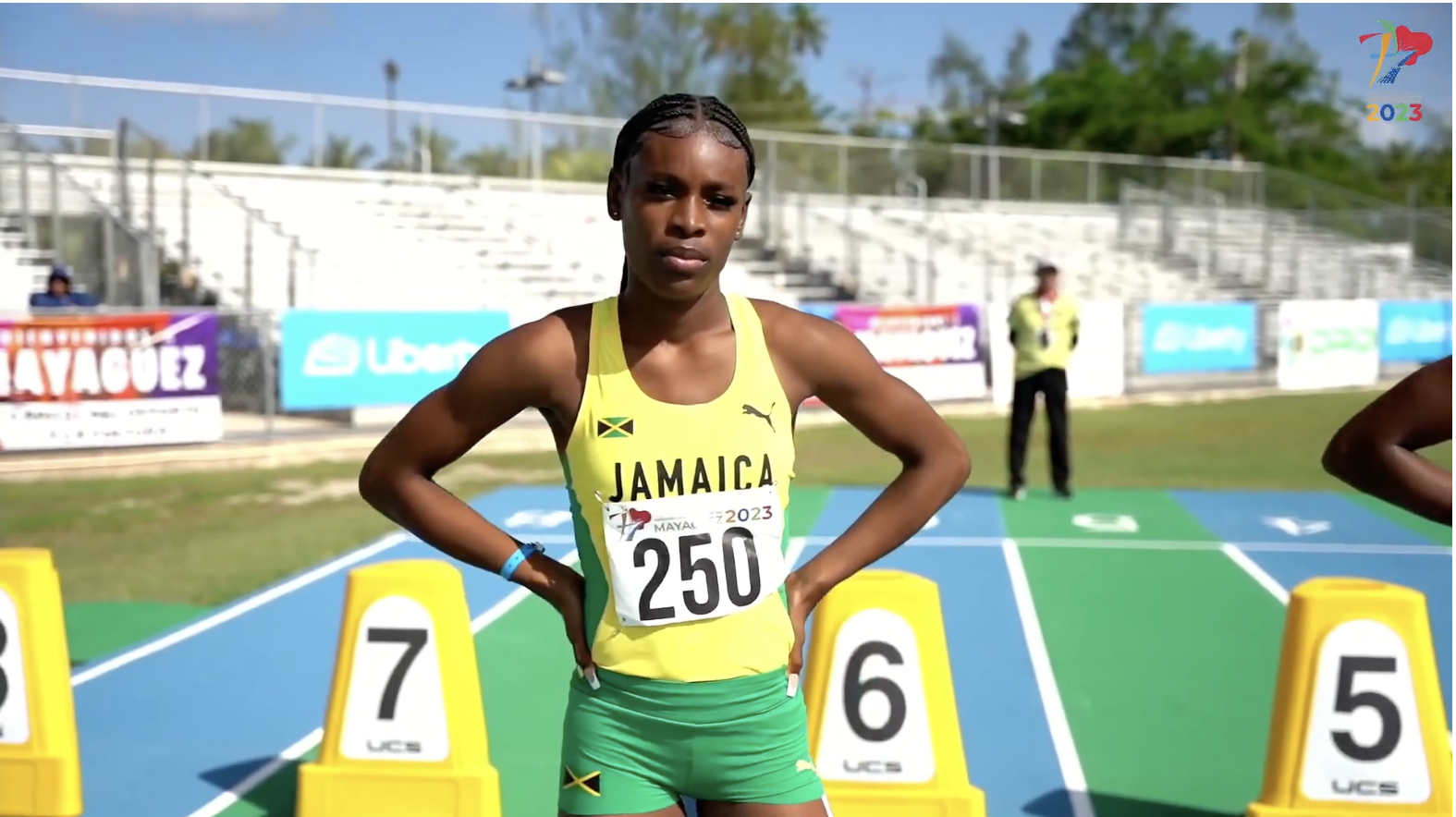The International Paralympic Committee (IPC) and the International Federation of Sport Medicine (FIMS) have extended their Partnership Agreement for a further five and a half years, taking it beyond the Tokyo 2020 Paralympic Games.
The two organisations, who have been working in partnership together since 2009, share a common goal – the safe and healthy participation of persons with an impairment in sports and active lifestyles.
Under the terms of the new agreement the two organisations have identified a number of collaborative areas to improve the health, safety, research and performance of para-athletes.
This includes identifying areas of common interests in research and working collaboratively to promote and advance new scientific and clinical discovery.
Dr. Peter Van de Vliet, the IPC's Medical and Scientific Director, said: "The IPC has been working with FIMS since 2009 and I am delighted that our partnership will now continue for a further five years at least.
"For the last six years FIMS has worked closely with the IPC, assisting in areas such as medical, sports science, anti-doping and classification. This will continue through to Tokyo 2020 as we explore options for including topics and matters related to the Paralympic Movement and para-athletes in future FIMS initiatives.
"Through this partnership we aim to increase knowledge about the needs and opportunities in Paralympic sports by encouraging the involvement of scientists, physicians and other professionals within FIMS."
Under the terms of the agreement, the IPC and FIMS will also explore further exchange of knowledge at each other's biennial Congresses (VISTA conference and FIMS World Congress).
This year's VISTA conference takes place between 7-10 October in Girona, Spain, and the theme is "Securing the future for young para-athletes".
FIMS aims primarily to promote the study and development of sports medicine throughout the world, to protect the physical and mental health and ensure the wellbeing of all who are engaged in sports and exercise and to assist athletes in achieving optimal performance by maximising their genetic potential, health, nutrition and (access to) high-quality care and training.







